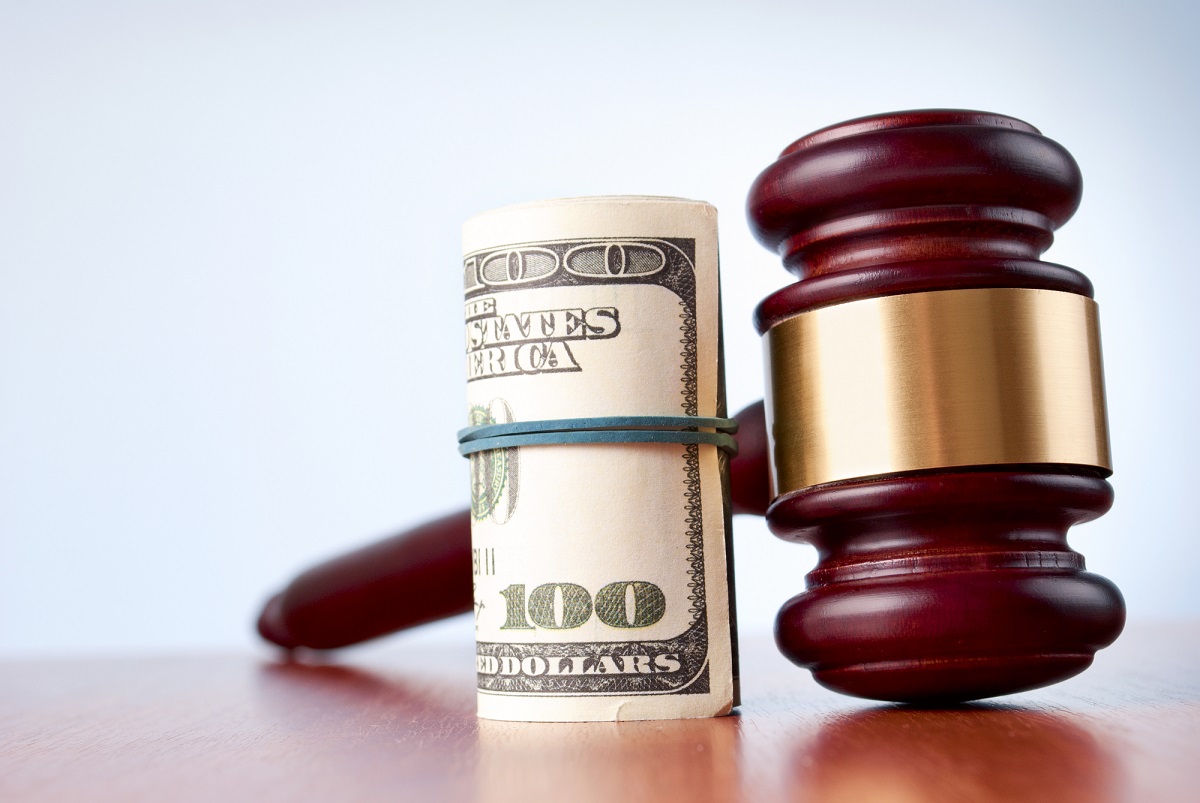Exactly How Bond Bonds Aid You Protect a Swift Release
Bond bonds serve as an important device for individuals navigating the complexities of the criminal justice system, offering a path to reclaim liberty immediately adhering to an apprehension. By involving a bondsman and paying a fraction of the total bond quantity, defendants can resolve both lawful commitments and personal responsibilities without the immediate burden of full settlement.
Comprehending Bail Bonds
Bail bonds offer as a vital system in the legal system, providing people with a means to safeguard their release from custodianship while waiting for trial. This financial plan enables defendants to upload bail, which is a set quantity identified by the court, ensuring their look at future court days. When an offender can not pay for the full bail quantity, they might look for help from a bail bond business, which typically charges a charge, typically around 10% of the complete bail amount.
The bail bond functions as a warranty to the court that the defendant will abide with all legal obligations. If the accused fails to appear in court, the bail bond company is liable for paying the full bail quantity. This threat incentivizes the company to make sure that the defendant shows up for their arranged hearings.
Recognizing the terms and problems of a bail bond is important for anyone considering this choice. It is very important to identify that bond bonds do not cover various other expenses or lawful charges connected with a trial. People must be knowledgeable concerning their responsibilities and rights when getting in into a bail bond contract. This understanding can substantially influence the result of their lawful situation.
The Duty of a Bondsman
How does a bail bondsman assist in the release of offenders from protection? A bail bondsman, also called a bail bonds agent, plays a crucial function in the bail procedure by offering the funds required to safeguard an accused's release from prison - bail bonds licking county. When a defendant can not manage the full bond quantity established by the court, the bondsman action in to cover this price, normally charging a non-refundable premium, generally a portion of the complete bail
As soon as the costs is paid, the bondsman safeguards the defendant's launch by authorizing a surety bond with the court. This bond assures that the defendant will show up for all scheduled court hearings. If the accused falls short to show up, the bondsman is responsible for paying the full bond total up to the court, which incentivizes the bondsman to ensure the defendant abides with their court commitments.
Additionally, bondsmen usually examine the risk related to each instance, reviewing the accused's background, connections to the neighborhood, and possibility of showing up in court (bail bonds licking county). This threat analysis informs the regards to the bond and might consist of security requirements, better making sure the bail bondsman's financial investment is shielded throughout the lawful process
Benefits of Utilizing Bail Bonds
Utilizing bond bonds supplies numerous advantages for defendants encountering lawful obstacles. Bond bonds enable defendants to pay a portion of the total bail amount, usually around 10%, therefore reducing the instant economic problem.

Furthermore, collaborating with a bail bondsman supplies accessibility to specialist guidance with the intricate legal landscape. Bondsmen are well-informed concerning the legal system and can use valuable recommendations, guaranteeing offenders understand their legal rights and responsibilities. This expert support can be important in protecting a favorable outcome in court.
Finally, using a bail bond can assist keep an offender's public image and work status, which could be adversely impacted by long term detention. In general, the benefits of bail bonds prolong beyond monetary considerations, promoting stability throughout a difficult time.
The Bail Refine Described
Recognizing the bond procedure is important for anyone navigating the intricacies of the lawful system. The bond process begins after a person is arrested and brought previously a court. During the preliminary look, the court figures out whether bail applies and sets the quantity based upon the intensity of the costs, helpful resources the offender's criminal background, and flight threat.
As soon as bond is set, the offender has several options for securing their launch. In this case, the offender or a co-signer pays a non-refundable cost, normally 10% of the complete bond amount, to the bail bondsman, who after that covers the full bail.
Upon repayment, the bond bondsman data necessary documentation, and the defendant is released from custody. It is essential to understand the responsibilities included, including attending all court hearings and following any kind of conditions set by the judge, as failure to do so can lead to a forfeiture of the bond and added legal repercussions.
Usual Mistaken Beliefs About Bail

One more common misconception is that bail quantities are globally established and unchangeable. Actually, judges have discernment in establishing bond quantities based upon different aspects, consisting of the nature of the crime, the defendant's criminal history, and trip threat. Furthermore, lots of believe that only wealthy people can manage bond, neglecting the presence of bail bonds, which supply a more accessible economic service.
Some likewise assume that bond is a penalty, not understanding that it offers as a system to make certain accuseds appear for their court days while keeping their flexibility during the legal procedure. Lots of individuals are uninformed that bail is not a right; it can be rejected under particular scenarios, especially in serious criminal offenses or repeat offenses. Clearness on these mistaken beliefs is vital for informed decisions concerning bond and the overall lawful process
Final Thought

When an accused can not pay for the complete bail amount, they might seek help from a bail bond link firm, which typically charges a charge, usually around 10% of the overall bond quantity.
If the accused falls short to show up in court, the bail bond business is accountable for paying the full bail quantity. A bail bondsman, likewise known as a bail bonds representative, plays a critical duty in the bond process by providing the monetary sources necessary to secure a defendant's launch from jail. Bail bonds allow defendants to pay a portion of the overall bond quantity, typically around 10%, thus minimizing the immediate monetary problem.
In the defendant, this situation or a co-signer pays a non-refundable charge, generally 10% of the total bond amount, to the bail bondsman, that then covers the complete bail.